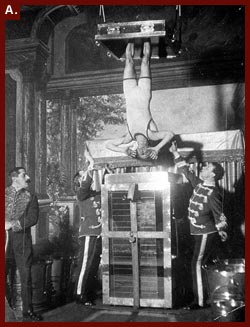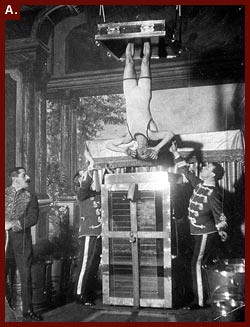In interactions between a usability expert and a customer, improving specialist expertise does not always enhance the customer’s service experience. This is caused by the following forces:
- Problem basis. The expert evaluates the customer, the service developed by the customer and the customer’s activities looking for problems and providing improvement proposals.
- Expertise. The expert knows one’s field often better than the customer.
- Service experience. Hearing about one’s problems is often unpleasant to the customer.
- Service business. The customer selects the expert that s/he finds most appropriate.
An outsourced expert is disqualified from making a neutral statement about a customer’s service and its problems. The expert’s statements are not neutral because of economical dependency on customer satisfaction. Expertise may even have an inverse effect on customer satisfaction, as the expert’s task is often to articulate customer weaknesses to the customer. For a usability evaluation expert, it is often more profitable to care for the service experience of one’s own service instead of the service experience of one’s customer’s service.
In order to fulfil user needs, user feedback should be taken into consideration as early as possible. However, it is more productive for a usability consultancy to test refined and predictable prototypes. Additionally, the expert’s productivity image is important in winning customer trust. In usability consulting, an impression of productivity is often more valuable than really improving the productivity of customer activities.
As I see it, the arrangements mentioned above can be improved by considering usability already at the stage of design. In addition, continuous collaboration between a customer and an expert appears to be a more productive framework than short, detached evaluation projects.
 Teemu Talja
Teemu Talja 
